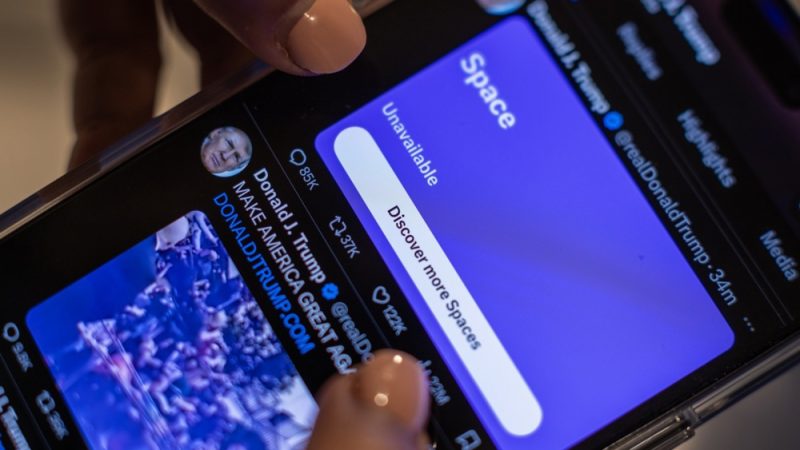Technical Troubles Plague Elon Musk’s X During High-Profile Event
2 min read

Despite being the world’s richest individual, Elon Musk’s platform, X (formerly known as Twitter), continues to face persistent technical issues. The latest example was a problematic interview with presidential candidate Donald Trump, which was delayed by 40 minutes due to platform glitches. This incident highlights ongoing struggles with X’s technical infrastructure.
The issues were not isolated. In May 2023, Florida Governor Ron DeSantis’s attempt to launch his presidential campaign on X was marred by similar technical difficulties. This initial setback seemed to foreshadow future problems, as Musk himself acknowledged the need for system scaling tests on X’s “Spaces”—the platform’s audio chat feature—before Trump’s interview. However, even with these preparations, the event faced significant technical difficulties, including a temporary service outage that saw around 1.3 million listeners tuning in.
As the interview began, users quickly took to X to discuss the crash, with some attributing the issue to the high interest in the event. Musk suggested that a massive Distributed Denial of Service (DDoS) attack was the cause. A DDoS attack involves overwhelming a website with traffic to render it inaccessible. Despite Musk’s claims, experts are divided on the explanation. Matthew Prince of Cloudflare noted that X does not use his firm’s services for its Spaces system and indicated that while a DDoS attack could be possible, Cloudflare had not confirmed it. On the other hand, Alp Toker from Netblocks questioned the consistency of X’s explanation, suggesting that the issue might be more related to listener capacity rather than a typical DDoS attack.
 Another theory points to the significant reduction in X’s workforce. Musk’s recent layoffs, which reduced the company’s engineering staff by 80%, might have contributed to the platform’s struggles. Jake Moore, a Global Cybersecurity Advisor at ESET, mentioned that “Spaces” has historically faltered under heavy user loads, and the large-scale layoffs could have exacerbated the problem. Rashik Parmar, head of the BCS (the Chartered Institute for IT), agreed, emphasizing that reduced staffing would impair the platform’s ability to defend against cyber threats and manage high traffic volumes effectively.
Another theory points to the significant reduction in X’s workforce. Musk’s recent layoffs, which reduced the company’s engineering staff by 80%, might have contributed to the platform’s struggles. Jake Moore, a Global Cybersecurity Advisor at ESET, mentioned that “Spaces” has historically faltered under heavy user loads, and the large-scale layoffs could have exacerbated the problem. Rashik Parmar, head of the BCS (the Chartered Institute for IT), agreed, emphasizing that reduced staffing would impair the platform’s ability to defend against cyber threats and manage high traffic volumes effectively.
Regardless of whether the cause was an external attack or internal shortcomings, the result was the same: an interview designed to showcase X’s capabilities instead highlighted its ongoing technical vulnerabilities. This incident underscores the broader challenges X faces in its quest to become an all-encompassing “everything app,” demonstrating that the platform’s technical issues are far from resolved.